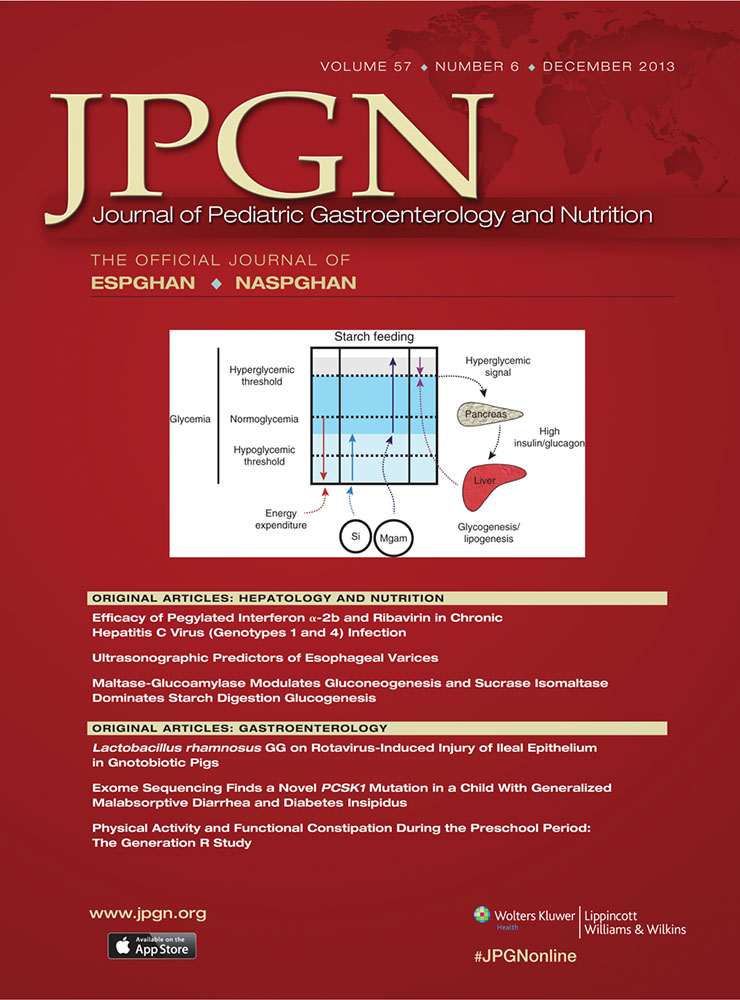Colonic Lymphoid Nodular Hyperplasia in Childhood
Causes of Familial Mediterranean Fever Need Extra Attention
The authors report no conflicts of interest.
ABSTRACT
Objectives:
The clinical importance and etiology of colonic lymphoid nodular hyperplasia (LNH) are not clear. It has been considered a response to some antigenic stimuli. Although food allergies, infections, inflammatory bowel diseases, and immunodeficiencies may be listed in the etiology of colonic LNH, the etiology has remained unclear in many cases. This study investigated the etiology of colonic LNH and its relation to familial Mediterranean fever (FMF) in children. FMF as an etiologic factor for colonic LNH has not been reported before in the literature.
Methods:
Medical files of patients who underwent colonoscopy between 2007 and 2011 were examined retrospectively. Demographic features, presenting symptoms, colonoscopy indications, colonoscopic findings, and final diagnoses of patients were evaluated. According to etiologies, patients with colonic LNH were divided into 2 groups: group A consisted of patients with FMF and group B consisted of diseases other than FMF.
Results:
A total of 311 patients were included in the study. Forty (12.6%) patients had isolated colonic LNH. In 23 (57.5%) patients, isolated LNH was observed in some colonic segments and total colonic LNH was noted in 17 (42.5%) patients. FMF was the etiologic factor in 6 (15%) patients. Thirty-four patients (85%) had etiologic factors other than FMF. We did not find any etiologic factor for LNH in 3.53% (11/311) of patients.
Conclusions:
FMF may be an etiologic factor for colonic LNH in children besides food allergies, infections, inflammatory bowel diseases, and immunodeficiencies.




